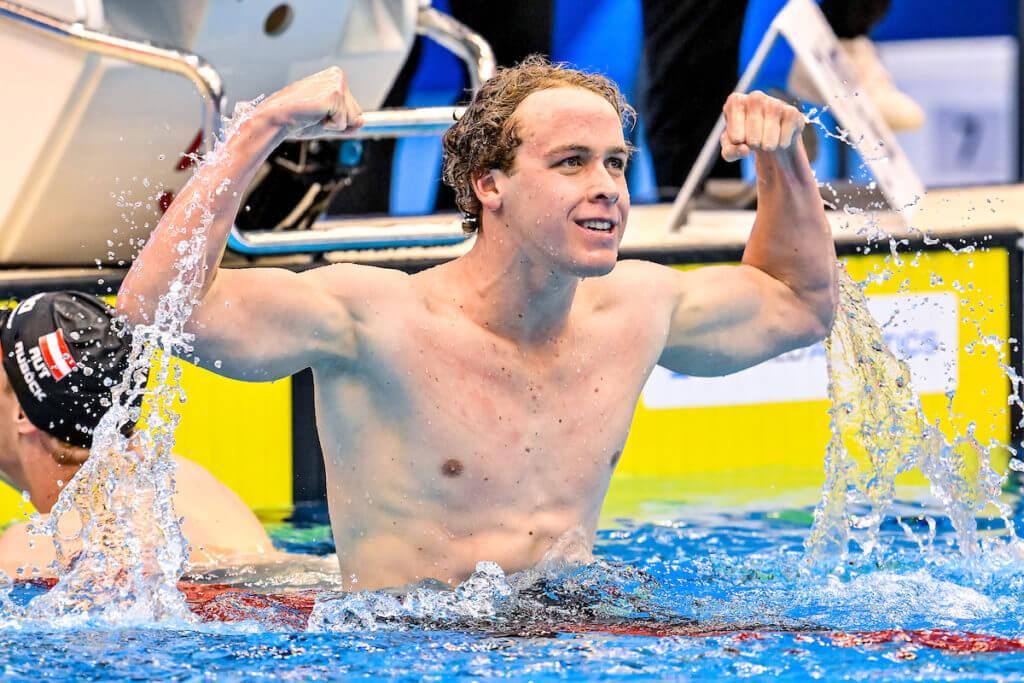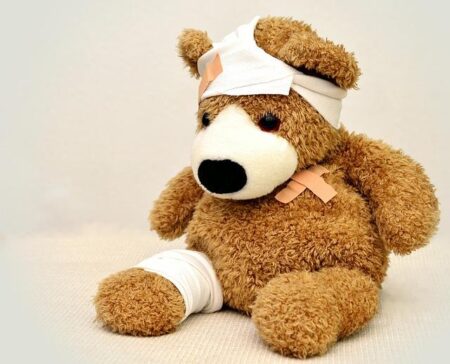Australian swimmer Sam Short has been forced to withdraw from the highly anticipated 800 free event, citing a bout of food poisoning as the unexpected setback. The incident adds to a growing number of athletes recently affected by similar health issues ahead of major competitions. Short’s withdrawal is a significant blow to Australia’s swimming lineup, with fans and officials left expressing their regrets and hoping for his swift recovery.
Sam Short Withdraws from 800 Free Event After Food Poisoning
Sam Short was forced to withdraw abruptly from the 800-meter freestyle event after experiencing severe food poisoning symptoms just hours before the race. The unexpected illness left the Australian swimmer unable to compete, much to the disappointment of fans and teammates alike. Training staff confirmed that despite all efforts to manage his condition, Short’s health took priority over competition, leading to the difficult decision to pull out.
Sources close to the team revealed the following key points regarding the incident:
- Cause: Suspected foodborne illness from a pre-competition meal
- Onset: Symptoms appeared suddenly the morning of the event
- Impact: Significant dehydration and abdominal distress
- Recovery: Ongoing medical monitoring with hopes to return for upcoming meets
| Event | Status | Notes |
|---|---|---|
| 800m Freestyle | Withdrawn | Medical decision due to illness |
| Upcoming 1500m | Pending | Recovery dependent |
Impact of Recent Food Safety Issues on Australian Swimmers’ Performance
Australian swimming has been recently marred by a string of unexpected withdrawals, with top athletes like Sam Short being sidelined due to sudden bouts of food poisoning. This illness, striking at the peak of competition season, not only diminishes individual performances but also disrupts team strategies and morale. The 800m freestyle event, in particular, suffered a setback as Short’s forced pullout left fans and selectors scrambling to reassess medal prospects. The recurring nature of these food-related health issues raises urgent questions about athlete nutrition oversight and the adequacy of caterers during high-stakes competitions.
Behind the scenes, several factors are believed to contribute to these setbacks, including:
- Inconsistent food hygiene standards at athlete accommodations and venues.
- Limited access to tailored nutrition for swimmers with sensitive dietary needs.
- Heightened stress and travel fatigue, exacerbating susceptibility to illness.
These challenges not only impact physical readiness but also disrupt mental focus-a critical component in elite swimming. As incidents mount, the Australian swimming community is calling for stricter controls and greater transparency in food safety protocols to safeguard athletes and preserve the nation’s competitive edge.
| Event | Affected Athletes | Impact |
|---|---|---|
| 800m Freestyle | Sam Short | Withdrawal from race |
| 400m Individual Medley | Two Athletes | Performance decline |
| Relay Teams | Multiple Swimmers | Strategy adjustments |
Recommendations for Preventing Foodborne Illnesses Ahead of Major Competitions
Elite athletes preparing for major competitions must prioritize food safety to avoid the devastating impact of foodborne illnesses. Key strategies include maintaining strict hygiene during meal preparation, ensuring all food is thoroughly cooked, and avoiding high-risk items such as raw seafood or unpasteurized dairy products. Additionally, sourcing meals from trusted, accredited providers with robust food safety protocols can dramatically reduce exposure to harmful contaminants. Hydration sources should also be monitored closely, as contaminated water can be a frequent culprit in food poisoning incidents.
Athletes and support staff are advised to implement the following measures:
- Consume freshly prepared meals and avoid leftovers stored without proper refrigeration.
- Regularly sanitize hands and utensils before eating or handling food.
- Avoid street vendors or unfamiliar food outlets near training or competition venues.
- Undergo basic food safety education as part of competition preparatory programs.
| Common Risk Factor | Preventive Action |
|---|---|
| Improper Food Storage | Keep perishable foods below 5°C (41°F) |
| Cross-contamination | Use separate utensils for raw and cooked foods |
| Unsanitary Preparation Areas | Regularly disinfect kitchen surfaces and equipment |
| Unsafe Water Sources | Drink bottled or filtered water only |
The Way Forward
As the swimming community continues to monitor the health and readiness of its athletes ahead of major competitions, Sam Short’s withdrawal from the 800 free due to food poisoning serves as a stark reminder of the unpredictable challenges competitors face beyond the pool. Australia’s contingent now hopes for a swift recovery and looks ahead to upcoming events with a reinforced focus on athlete well-being. Further updates on Short’s condition and team adjustments will be closely followed as preparations intensify.





